Inexpensive rapid diagnostic tests inspired by nature
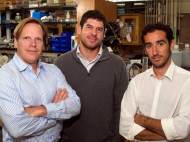 An international group of researchers led by researchers from the UC Santa Barbara (UCSB) bioengineered inexpensive medical diagnostic tests that take only a few minutes to yield results. These tests could find their use in new point-of-care devices for quick medical diagnosis of sexually transmitted diseases (STDs), allergies, autoimmune diseases, and a wide variety of other diseases.
An international group of researchers led by researchers from the UC Santa Barbara (UCSB) bioengineered inexpensive medical diagnostic tests that take only a few minutes to yield results. These tests could find their use in new point-of-care devices for quick medical diagnosis of sexually transmitted diseases (STDs), allergies, autoimmune diseases, and a wide variety of other diseases.
The design was created by the research group of Kevin W. Plaxco, a professor in UCSB’s Department of Chemistry and Biochemistry. They started from a point that despite the power of current diagnostic tests, a significant downside of that approach is their requirement for complex laboratory procedures or equipment. The new rapid and easy-to-use diagnostic test consists of a nanometer-scale DNA “switch” that can be used to rapidly detect antibodies specific to a wide range of diseases.
“Patients typically must wait for days or even weeks to receive the results of most STD tests”, said Plaxco. “The blood sample has to be transported to the lab, its content analyzed by trained personnel, and the results sent back to the doctor’s office. If we can move testing to the point of care, it eliminates the lag between testing and treatment, which would enhance the effectiveness of medical interventions, and, for infectious diseases like STDs, reduce transmission.”
Plaxco’s research group teamed with Francesco Ricci, professor at University of Rome Tor Vergata, Fan Xia of Huazhong University of Science and Technology in Wuhan, China, and Takanori Uzawa of Hokkaido University in Sapporo, Japan, to build synthetic molecular switches that signal their state via a change in electric current.
“All creatures, from bacteria to humans, monitor their environments using amazing ‘molecular nanoswitches’ that signal the presence of a specific target by changing their structure”, said Alexis Vallée-Bélisle, a postdoctoral scholar at the UCSB’s Department of Chemistry and Biochemistry. “For example, on the surface of our cells, there are millions of receptor proteins that detect various molecules by switching from an ‘off state’ to an ‘on state.’ The beauty of these switches is that they are able to work directly in very complex environments such as whole blood.”
This event can be measured using inexpensive electronics similar to those in the home glucose test meter used by diabetics to check their blood sugar. The researchers were able to use these bioinspired nanoswitches in order to detect anti-HIV antibodies directly in whole blood in less than five minutes.
A great advantage of these electrochemical nanoswitches is that their sensing principle can be generalized to many different targets, thus allowing affordable devices that could detect dozens of disease markers in less than five minutes in the doctor’s office or even at home. However, its developers noted that it may take several years before these devices hit the market.
For more information, read the article published in the Journal of the American Chemical Society: “Bioelectrochemical Switches for the Quantitative Detection of Antibodies Directly in Whole Blood”.

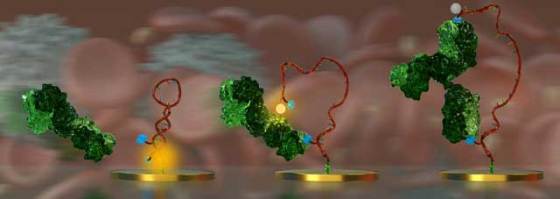


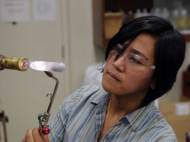
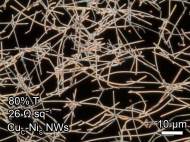
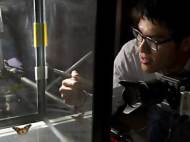
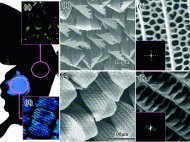
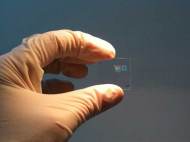
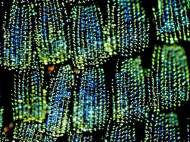
Leave your response!